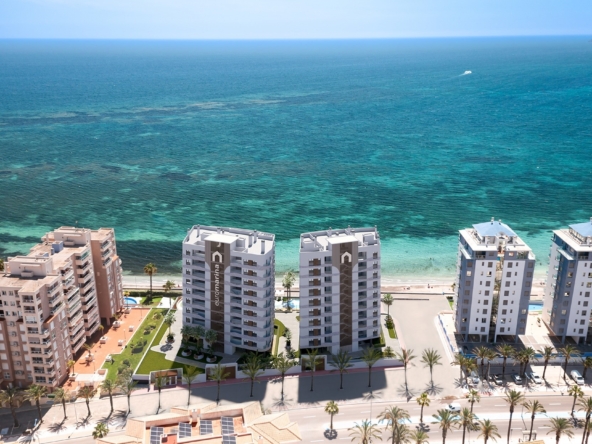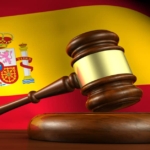Should i Pay Tax
In Spain
Yeah, probably yeah
The Spanish direct taxation system for individuals primarily consists of two personal income taxes: the Spanish Personal Income Tax (PIT) applicable to residents in Spain for tax purposes, and the Spanish Non-Residents' Income Tax (NRIT) applicable to individuals not residing in Spain for tax purposes but earning income within the country. Consequently, individuals earning income in Spain are obligated to pay either Spanish PIT or Spanish NRIT.
Residents in Spain are generally taxed on their global income under PIT, irrespective of its origin. This worldwide income, after statutory reductions, is subject to progressive rates.
Non-residents, on the other hand, are liable for NRIT solely on their income derived from Spanish sources.
Spanish PIT classifies taxable income into two categories: general taxable income and savings taxable income.
Savings taxable income encompasses:
1. Dividends and other earnings from holding interests in companies.
2. Interest and other proceeds from transferring the taxpayer's own capital to third parties. Notably, if capital transferred to a related company exceeds three times the latter’s equity, the excess interest is taxed as general taxable income.
3. Income from capitalization transactions and life and disability income insurance.
4. Capital gains resulting from asset transfers.
General taxable income includes:
1. All income not classified as savings taxable income.
2. Capital gains not arising from asset transfers (e.g., lottery prizes).
3. Allocations, attributions, or imputations, as prescribed by law.
4. Interest and other proceeds from transferring the taxpayer’s own capital to a related company when the capital surpasses three times the latter’s equity, specifically for the excess portion.
In the context of NRIT, income not derived through a permanent establishment (PE) is taxed individually without the possibility of offsetting losses against gains.
For non-residents lacking a PE, taxable income is generally the gross income specified in Spanish PIT law, with no applicable deductions. A special rule applies to certain services, technical assistance, and economic activities carried out in Spain without a PE, where taxable income is the difference between gross income and related expenses, as per the regulations under Spanish NRIT law.
When determining the net income for non-residents from other EU member states without a PE, distinctions are made between individuals and companies. In both cases, tax-deductible expenses are established in accordance with Personal Income Tax (PIT) and Corporate Income Tax (CIT) legislation, respectively. Proof of a direct and indisputable economic link to the activity in Spain is required for the deductibility of expenses related to the income obtained in Spain.
Check all our properties
La Marina Beach
- € 275.000 - € 475.000
- 60-69 Sqm
- Available: Currently available properties > 36
- Apartments, New Construction, Penthouses
Amara Maris
- € 271.000 - € 648.000
- Bed: 1-3
- Bath: 1-2
- 47-108 Sqm
- Available: Currently available properties > 66
- Apartments, New Construction
Mykonos Apartments
- € 249.900 - € 279.000
- Beds: 3
- Baths: 2
- 77-91 Sqm
- Available: Currently available properties > 16
- Apartments, New Construction, Penthouses
Nature views
- € 289.000 - € 515.000
- Beds: 2-3
- Baths: 2-3
- 75-167 Sqm
- Available: Currently available properties > 18
- Apartments, New Construction, Penthouses, Semidetached Villas
Villamar VI
- € 215.000 - € 305.000
- Beds: 2-3
- Baths: 2
- 65-71 Sqm
- Available: Currently available properties > 6
- Apartments, New Construction, Penthouses
Marella garden
- € 303.000 - € 504.000
- Beds: 2-3
- Baths: 2-3
- 81-134 Sqm
- Available: Currently available properties > 31
- Apartments, Detached houses, New Construction, Penthouses
Madroño II
- € 795.000 - € 955.000
- Beds: 3
- Baths: 2
- 139-145 Sqm
- Available: Currently available properties > 5
- Apartments, New Construction, Penthouses
Montesinos Villas
- € 509.000 - € 529.000
- Beds: 3
- Baths: 3
- 142-157 Sqm
- Available: Currently Available properties > 6
- New Construction, Villas
Gante Villas
- € 509.000 - € 595.000
- Beds: 3
- Baths: 2
- 131 Sqm
- Available: Currently available properties > 5
- New Construction, Villas




















